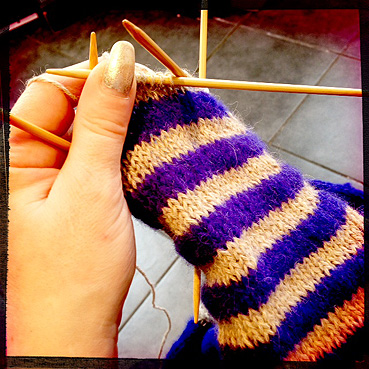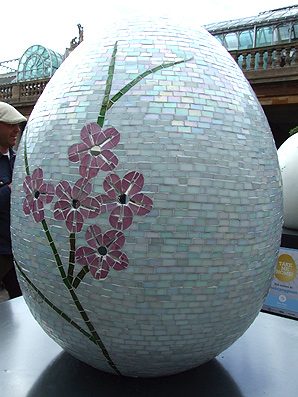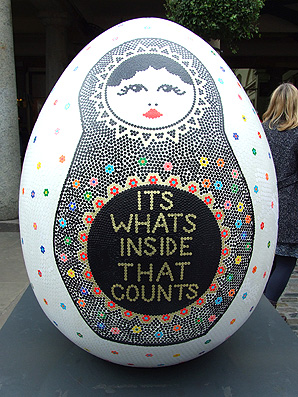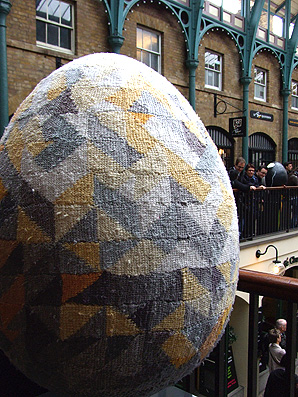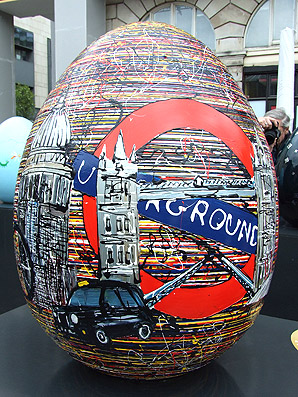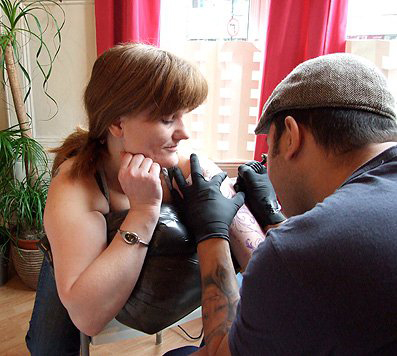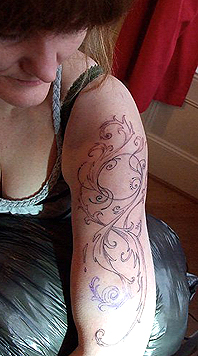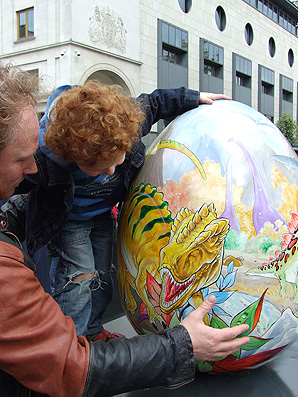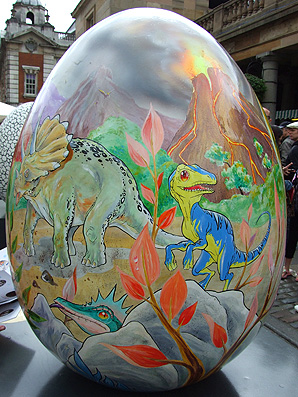As a documentary maker, and now an aspiring screenwriter, what lies close to my heart is social realistic film, films with the potential to change the world. For me this often means having to dive into topics I to begin with know very little about, having to do a lot of research and gain knowledge to be able to convey my story in a proper way and with the respect it deserves. Sometimes this research phase can be a very painful process, still it is crucial! Last year I wrote a script about human trafficking in India. That this is a multimillion criminal industry with networks that spread all over the world, didn’t surprise me, but I was surprised finding that it was so incorporated in the culture. For instance, the Devadasi caste, where girls are married to the Goddess Yellamma and therefore can not be married to any mortal, their duty is to perform so called religious prostitution. The devadasi system was outlawed in India in 1988, still it exists, much because of its historical status and traditions. What became clear to me as I was working with my story is that to fight human trafficking not only do we need to bring down the infrastructure and criminal networks, we also need to fight the cultural and historic traditions, the social acceptance of trading flesh. It was so heartbreaking going into this topic and really exploring what lies behind the still existing slave trade, and it is equally uplifting and assuring to see that people are gathering to spread knowledge about and put an end to this awfulness.
Som dokumentarfilmskaper, og nå aspirerende manusforfatter, ligger den sosial realistiske filmen nært til mitt hjerte, filmer som kan forandre verden. For meg betyr dette at jeg ofte må dykke inn i temaer jeg ikke vet så mye om på forhånd, at jeg må gjøre mye bakgrunnsarbeid og skaffe meg den kunnskapen som trengs for å formidle det jeg ønsker med den respekten prosjektene mine krever. Noen ganger er denne undersøkelsesfasen hjerteskjærende, men helt avgjørende for resultatet. I fjor skrev jeg et manus om trafficking i India. At dette er en multibillion kriminell industri med nettverk som strekker seg over hele verden overrasket meg ikke, men jeg ble overrasket over å finne ut at slavehandel var så inkorporert i landets kultur. For eksempel, devadasikasten, hvor jenter giftes bort til gudinnen Yellamma og derfor ikke kan gifte seg med vanlige dødelige, deres plikt er å utføre religiøs prostitusjon. Devadasisystemet ble gjort ulovlig i India i 1988, men eksisterer fremdeles i beste velgående på grunn av historisk status og tradisjoner. Hva som ble tydelig for meg gjennom arbeidet med dette manuset er at ikke bare må vi bekjempe den kriminelle aktiviteten, vi må også kjempe mot de kulturelle og historiske tradisjonene, den sosiale aksepten av menneskehandel. Det var forferdelig å gå inn i denne tematikken og virkelig prøve å forstå hvordan trafficking fungerer, og det er likeså oppløftende og betryggende å se at mennesker samles for å spre kunnskap om og for å sette en stopper for slavehandel.
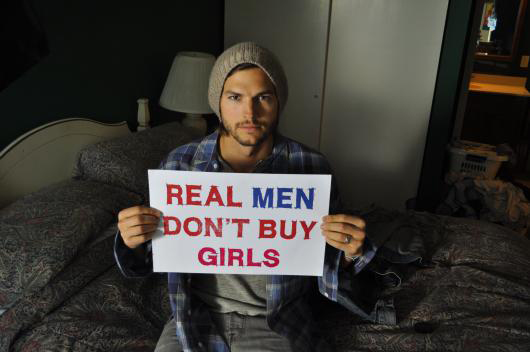 Ashton Kutcher
Ashton Kutcher
Demi Moore and Ashton Kutcher founded The Demi and Ashton Foundation (DNA) to help end child sex slavery. This foundation states “We are committed to forcing sex slavery out of the shadows and into the spotlight. Freedom is a basic human right and slavery is one of the greatest threats to that freedom. No one has the right to enslave another person.” The DNA Foundation launched a campaign targeting men with the message that Real Men Don’t Buy Girls. The goal of the campaign is to create a cultural shift around the implicit societal acceptance of child prostitution, and thus, child sex slavery. They hope to reach millions of people with information about the issue. More than 2 million people have participated in the campaign so far.
Demi Moore og Ashton Kutcher etablerte The Demi and Ashton Foundation (DNA) for å kjempe mot barneprostitusjon. Denne organisasjonen stadfester at “We are committed to forcing sex slavery out of the shadows and into the spotlight. Freedom is a basic human right and slavery is one of the greatest threats to that freedom. No one has the right to enslave another person.” DNA stiftelsen har lansert en kampanje rettet mot menn med budskapet: ekte mannfolk kjøper ikke jenter! Målet til denne kampajen er nettopp å utfordre sosial aksept av barneprostitusjon, og gjennom dette sexslavehandel. Stiftelsen håper å nå millioner av mennesker med sitt budskap, så langt har over 2 millioner deltatt i kampanjen.
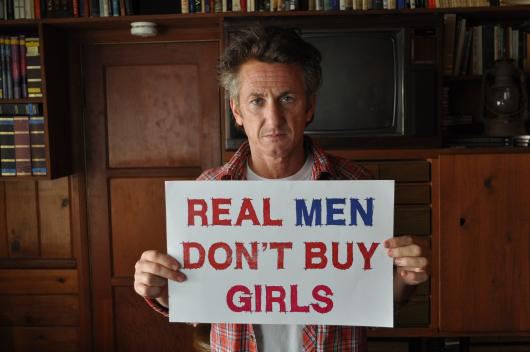 Sean Penn
Sean Penn
Another ongoing campaign that is trying to focus on this issue is End Sex Trafficking Day founded by Erin Giles. Through this campaign she is trying to raise funds to have a community-driven book collecting 60 essays on love, knowledge and freedom published. Further the book will be sold to raise funds for yet another campaign the Not For Sale. Please visit the organisations mentioned and read the information they provide. Awareness and engagement are what is needed to make changes.
En annen pågående kampanje som fokuserer på denne problematikken er End Sex Trafficking Day etablert av Erin Giles. Gjennom denne kampanjen ønsker hun å samle inn penger til å publisere en bok hvor ulike forfattere har gått sammen og presenterer 60 noveller om kjærlighet, kunnskap og frihet. Videre skal denne boka selges til inntak for enda en kampanje, nemlig Not For Sale. Vær snill å ta deg tid til å besøke disse kampanjene og les den informasjonen de tilbyr. Oppmerksomhet og engasjement er det som skal til for å forandre verden!
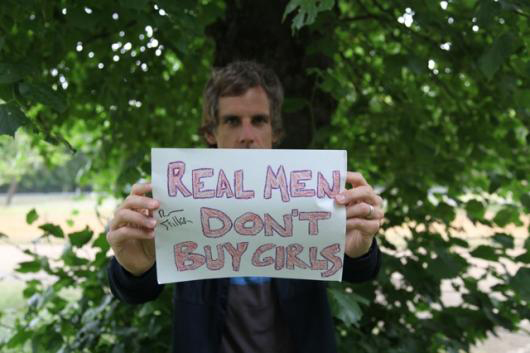 Ben Stiller
Ben Stiller



















